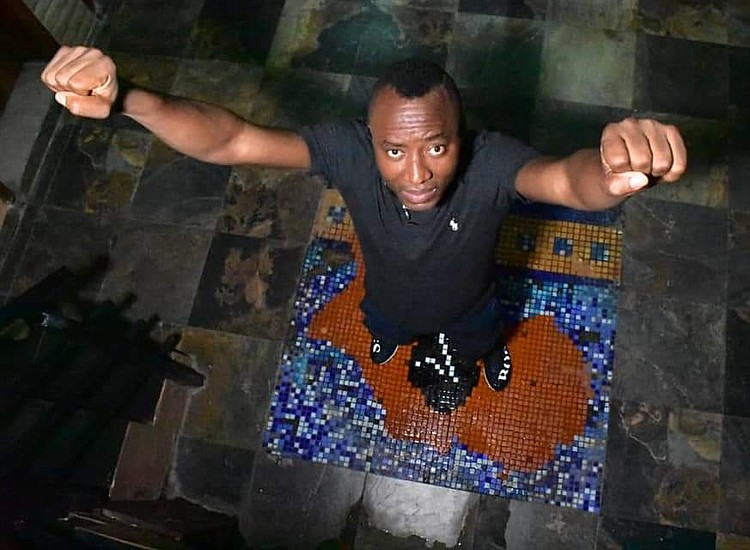The Tinubu-led Federal Government (FG) has officially expressed to discontinue the treasonable felony case filed against Omoyele Sowore, the publisher of Sahara Reporters, and his co-defendant, Olawale Bakare, popularly known as Mandate.
This information was conveyed in a document dated February 15, 2024, issued by the Attorney General of the Federation and Minister of Justice, Lateef Fagbemi.
In the document addressed to the Federal High Court of Nigeria, Abuja Division, the Attorney General cited the powers conferred on him under Section 174(1) of the Constitution of the Federal Republic of Nigeria 1999 (as amended), Section 107(1) of the Administration of Criminal Justice Act 2015, and other relevant powers.
The statement by Fagbemi indicated the government’s intent to discontinue Charge No. FHC/ABI/CR/235/2019.
This development follows the recent threat by Justice Emeka Nwite, the trial judge at the Federal High Court in Abuja, to strike out the four-year-long treasonable felony case.
The judge had expressed dissatisfaction with the prosecution team’s inability to present clear arguments in court on several occasions.
Omoyele Sowore, a pro-democracy activist, and publisher of Sahara Reporters, was arrested by the Department of State Services (DSS) on August 3, 2019, just days before a planned #RevolutionNow protest.
Subsequently, he faced several charges related to a treasonable felony and was arraigned by the DSS.
Sowore’s legal representation in court has been handled by the law firm of human rights activist Femi Falana, SAN.
Sowore To Sue FG And DSS
In response to the discontinuation of the case, Sowore announced his plans to sue the Federal Government and the Department of State Services for ₦100 billion.
He stated that the legal action would seek compensation for the cost of time and resources, mental and financial trauma, and the alleged assassination of his younger brother, Olajide Sowore, in 2021.
Sowore said that he would file lawsuits both in Nigeria and the United States to seek justice for the challenges he endured during his detention and confinement within Nigeria for about five years.



Leave a Reply